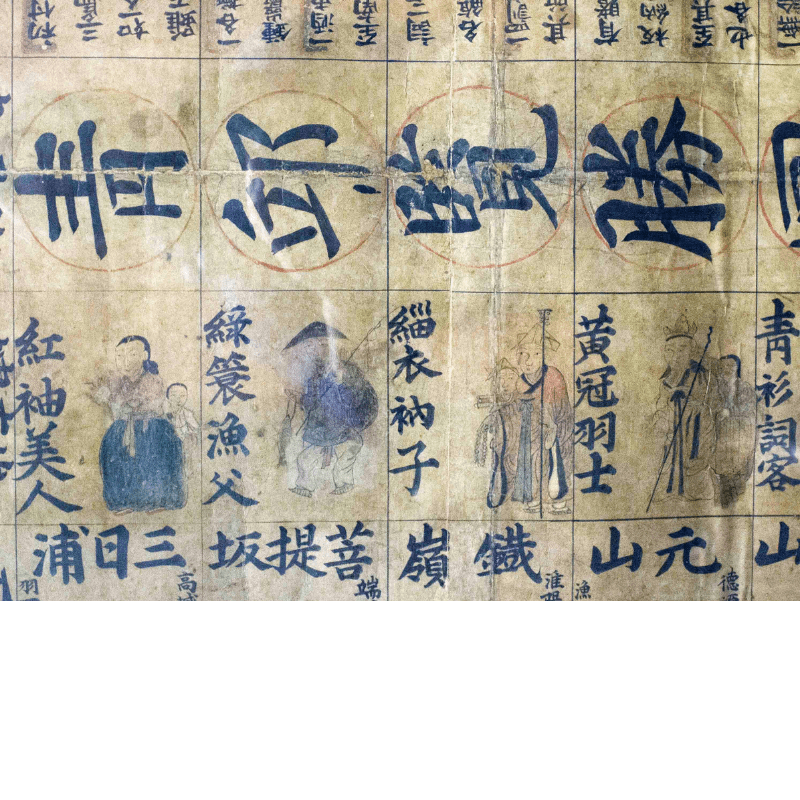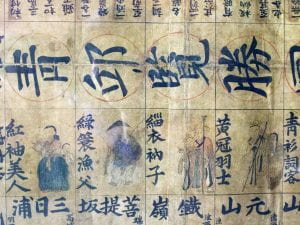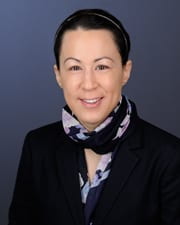The GW Institute for Korean Studies & the Sigur Center for Asian Studies
present
“Japan-South Korea Relations in Crisis: Prospects for Reconciliation and Security Cooperation in East Asia”

Japan and South Korea are both democracies and allies of the United States, and they share many security and economic interests. Yet relations between these two countries have deteriorated to their worst point in recent memory. The South Korean Supreme Court’s ruling in November regarding forced labor claims has aggravated long-standing disputes about the colonial past and World War II, and the December radar lock-in incident has revealed an alarming level of mistrust between Japan and South Korea. This program will examine the causes and consequences of the current tensions between Tokyo and Seoul, assess the prospects for reconciliation, consider the future of bilateral security cooperation, and discuss the implications for U.S. interests and foreign policy.
Speakers
– Celeste Arrington, Korea Foundation Assistant Professor of Political Science and International Affairs, the George Washington University
– Yuki Tatsumi, Co-Director of the East Asia Program and Director of the Japan Program, Stimson Center
– Mike M. Mochizuki, Associate Professor of Political Science and International Affairs, the George Washington University
– Ji-Young Lee, C.W.Lim and Korea Foundation Professor of Korean Studies, American University
Moderator
Jisoo M. Kim, Director, the GW Institute for Korean Studies
Date & Time
Wednesday, March 20, 2019, 2:00 pm – 4:00 pm
Venue
The Lindner Family Commons (Room 602), Elliott School of International Affairs, the George Washington University, 1957 E St. NW, Washington, DC 20052
◊ Speakers
Celeste Arrington, the George Washington University
 Celeste Arrington is Korea Foundation Assistant Professor of Political Science and International Affairs at GW. She specializes in comparative politics, with a regional focus on the Koreas and Japan. Her research and teaching focus on law and social movements, the media, lawyers, policy processes, historical justice, North Korean human rights, and qualitative methods. She is also interested in the international relations and security of Northeast Asia and transnational activism. She is the author of Accidental Activists: Victims and Government Accountability in South Korea and Japan (2016) and has published in Comparative Political Studies, Law & Society Review, Journal of East Asian Studies, Pacific Affairs, Asian Survey, and the Washington Post, among others. She received a Ph.D. from the University of California, Berkeley, an MPhil from the University of Cambridge, and an A.B. from Princeton University. She is currently writing a book that analyzes the role of lawyers and legal activism in Japanese and Korean policies related to persons with disabilities and tobacco control.
Celeste Arrington is Korea Foundation Assistant Professor of Political Science and International Affairs at GW. She specializes in comparative politics, with a regional focus on the Koreas and Japan. Her research and teaching focus on law and social movements, the media, lawyers, policy processes, historical justice, North Korean human rights, and qualitative methods. She is also interested in the international relations and security of Northeast Asia and transnational activism. She is the author of Accidental Activists: Victims and Government Accountability in South Korea and Japan (2016) and has published in Comparative Political Studies, Law & Society Review, Journal of East Asian Studies, Pacific Affairs, Asian Survey, and the Washington Post, among others. She received a Ph.D. from the University of California, Berkeley, an MPhil from the University of Cambridge, and an A.B. from Princeton University. She is currently writing a book that analyzes the role of lawyers and legal activism in Japanese and Korean policies related to persons with disabilities and tobacco control.
Yuki Tatsumi, Stimson Center
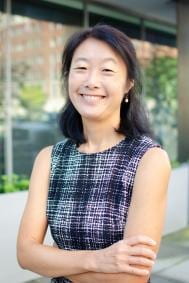 Yuki Tatsumi is Co-Director of the East Asia Program and Director of the Japan Program at the Stimson Center. Before joining Stimson, Tatsumi worked as a research associate at the Center for Strategic and International Studies (CSIS) and as the special assistant for political affairs at the Embassy of Japan in Washington. Tatsumi’s most recent publications include Balancing between Nuclear Deterrence and Disarmament: Views from the Next Generation (ed.; Stimson Center, 2018) Lost in Translation? U.S. Defense Innovation and Northeast Asia (Stimson Center, 2017). She is also the editor of four earlier volumes of the Views from the Next Generation series: Peacebuilding and Japan (Stimson Center, 2017), Japan as a Peace Enabler (Stimson Center, 2016), Japan’s Global Diplomacy (Stimson Center, 2015), and Japan’s Foreign Policy Challenges in East Asia (Stimson Center, 2014).
Yuki Tatsumi is Co-Director of the East Asia Program and Director of the Japan Program at the Stimson Center. Before joining Stimson, Tatsumi worked as a research associate at the Center for Strategic and International Studies (CSIS) and as the special assistant for political affairs at the Embassy of Japan in Washington. Tatsumi’s most recent publications include Balancing between Nuclear Deterrence and Disarmament: Views from the Next Generation (ed.; Stimson Center, 2018) Lost in Translation? U.S. Defense Innovation and Northeast Asia (Stimson Center, 2017). She is also the editor of four earlier volumes of the Views from the Next Generation series: Peacebuilding and Japan (Stimson Center, 2017), Japan as a Peace Enabler (Stimson Center, 2016), Japan’s Global Diplomacy (Stimson Center, 2015), and Japan’s Foreign Policy Challenges in East Asia (Stimson Center, 2014).
Mike M. Mochizuki, the George Washington University
 Mike M. Mochizuki holds the Japan-U.S. Relations Chair in Memory of Gaston Sigur at the Elliott School of International Affairs in George Washington University. Professor Mochizuki was associate dean for academic programs at the Elliott School from 2010 to 2014 and director of the Sigur Center for Asian Studies from 2001 to 2005. He co-directs the “Rising Powers Initiative” and the “Memory and Reconciliation in the Asia-Pacific” research and policy project of the Sigur Center. Previously he was a Senior Fellow at the Brookings Institution. He received his Ph.D. in political science from Harvard University. His recent books include Memory, Identity, and Commemorations of World War II: Anniversary Politics in Asia Pacific (co-editor and co-author, 2018); Energy Security in Asia and Eurasia (co-editor and co-author, 2017); Nuclear Debates in Asia: The Role of Geopolitics and Domestic Processes (co-editor and author, 2016); The Okinawa Question: Futenma, the US-Japan Alliance, and Regional Security (co-editor and author, 2013); and China’s Military and the U.S.-Japan Alliance in 2030: A Strategic Net Assessment (co-author, 2013).
Mike M. Mochizuki holds the Japan-U.S. Relations Chair in Memory of Gaston Sigur at the Elliott School of International Affairs in George Washington University. Professor Mochizuki was associate dean for academic programs at the Elliott School from 2010 to 2014 and director of the Sigur Center for Asian Studies from 2001 to 2005. He co-directs the “Rising Powers Initiative” and the “Memory and Reconciliation in the Asia-Pacific” research and policy project of the Sigur Center. Previously he was a Senior Fellow at the Brookings Institution. He received his Ph.D. in political science from Harvard University. His recent books include Memory, Identity, and Commemorations of World War II: Anniversary Politics in Asia Pacific (co-editor and co-author, 2018); Energy Security in Asia and Eurasia (co-editor and co-author, 2017); Nuclear Debates in Asia: The Role of Geopolitics and Domestic Processes (co-editor and author, 2016); The Okinawa Question: Futenma, the US-Japan Alliance, and Regional Security (co-editor and author, 2013); and China’s Military and the U.S.-Japan Alliance in 2030: A Strategic Net Assessment (co-author, 2013).
Ji-Young Lee, American University
 Ji-Young Lee is a political scientist who teaches at American University’s School of International Service. She is the author of China’s Hegemony: Four Hundred Years of East Asian Domination (Columbia University Press, 2016). Her current work concerns historical Korea-China relations with a focus on military interventions, as well as the impact of China’s rise on the U.S. alliance system in East Asia. She has published articles in Security Studies, International Relations of the Asia-Pacific, and Journal of East Asian Studies. Previously, she was a Mellon Postdoctoral Fellow in Politics and East Asian Studies at Oberlin College, a POSCO Visiting Fellow at the East-West Center, a non-resident James Kelly Korean Studies Fellow with the Pacific Forum CSIS, an East Asia Institute Fellow, and a Korea Foundation-Mansfield Foundation scholar of the U.S.-Korea Scholar-Policymaker Nexus program. She received her Ph.D. and M.A. from Georgetown University, an M.A. from Seoul National University, and a B.A. from Ewha Womans University in South Korea.
Ji-Young Lee is a political scientist who teaches at American University’s School of International Service. She is the author of China’s Hegemony: Four Hundred Years of East Asian Domination (Columbia University Press, 2016). Her current work concerns historical Korea-China relations with a focus on military interventions, as well as the impact of China’s rise on the U.S. alliance system in East Asia. She has published articles in Security Studies, International Relations of the Asia-Pacific, and Journal of East Asian Studies. Previously, she was a Mellon Postdoctoral Fellow in Politics and East Asian Studies at Oberlin College, a POSCO Visiting Fellow at the East-West Center, a non-resident James Kelly Korean Studies Fellow with the Pacific Forum CSIS, an East Asia Institute Fellow, and a Korea Foundation-Mansfield Foundation scholar of the U.S.-Korea Scholar-Policymaker Nexus program. She received her Ph.D. and M.A. from Georgetown University, an M.A. from Seoul National University, and a B.A. from Ewha Womans University in South Korea.
◊ Moderator
Moderator: Jisoo M. Kim, GW Institute for Korean Studies

Jisoo M. Kim is Korea Foundation Associate Professor of History, International Affairs, and East Asian Languages and Literatures and Director of the Institute for Korean Studies at GW. She received her Ph.D. in Korean History from Columbia University. She is a specialist in gender and legal history of early modern Korea. Her broader research interests include gender and sexuality, crime and justice, forensic medicine, literary representations of the law, history of emotions, vernacular, and gender writing. She is the author of The Emotions of Justice: Gender, Status, and Legal Performance in Chosŏn Korea (University of Washington Press, 2015), which was awarded the 2017 James Palais Prize of the Association for Asian Studies. She is also the co-editor of The Great East Asian War and the Birth of the Korean Nation by JaHyun Kim Haboush (Columbia University Press, 2016). She is currently working on a new book project titled Suspicious Deaths: Forensic Medicine, Dead Bodies, and Criminal Justice in Chosŏn Korea.
This event is on the record and open to the media.
This event is going to be live-streamed on the GWIKS Facebook page: https://www.facebook.com/GWIKS2016/


 Andray Abrahamian, Stanford University
Andray Abrahamian, Stanford University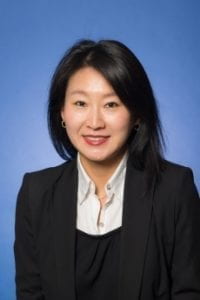 Moderator: Jisoo M. Kim, GW Institute for Korean Studies
Moderator: Jisoo M. Kim, GW Institute for Korean Studies
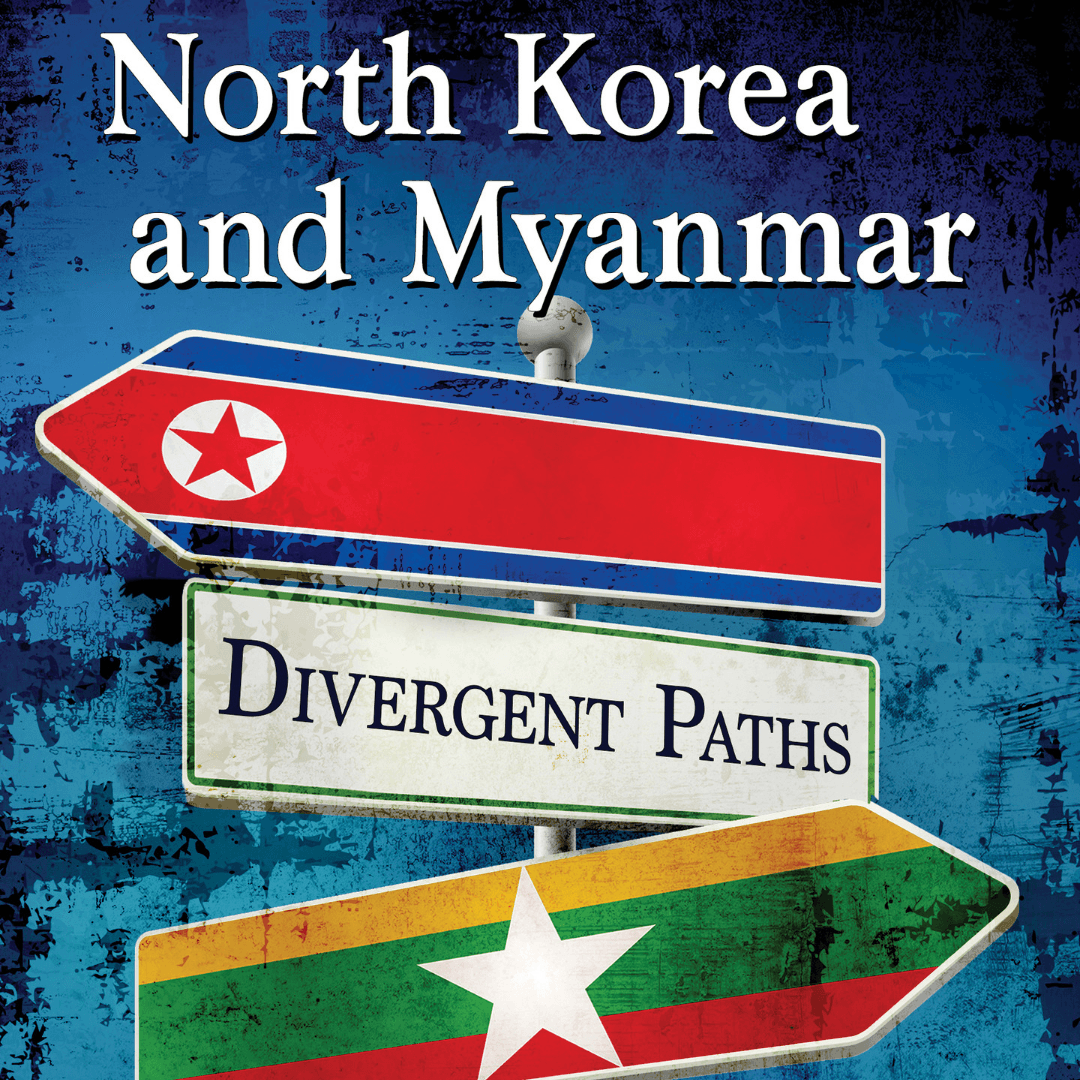


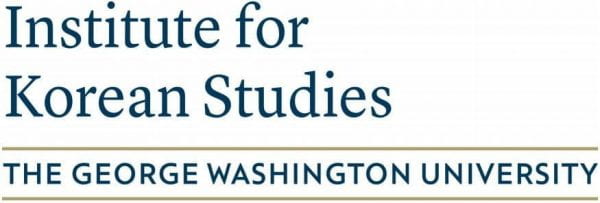
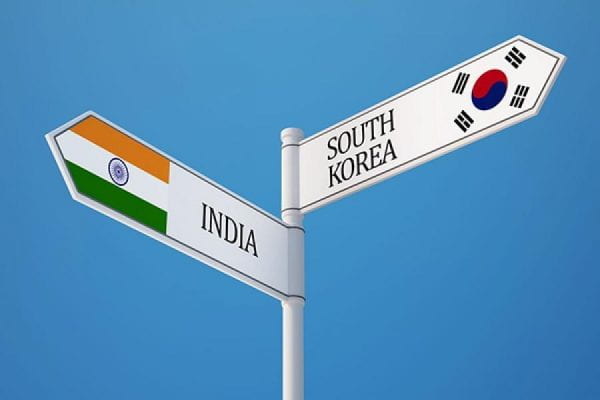

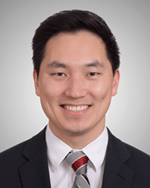
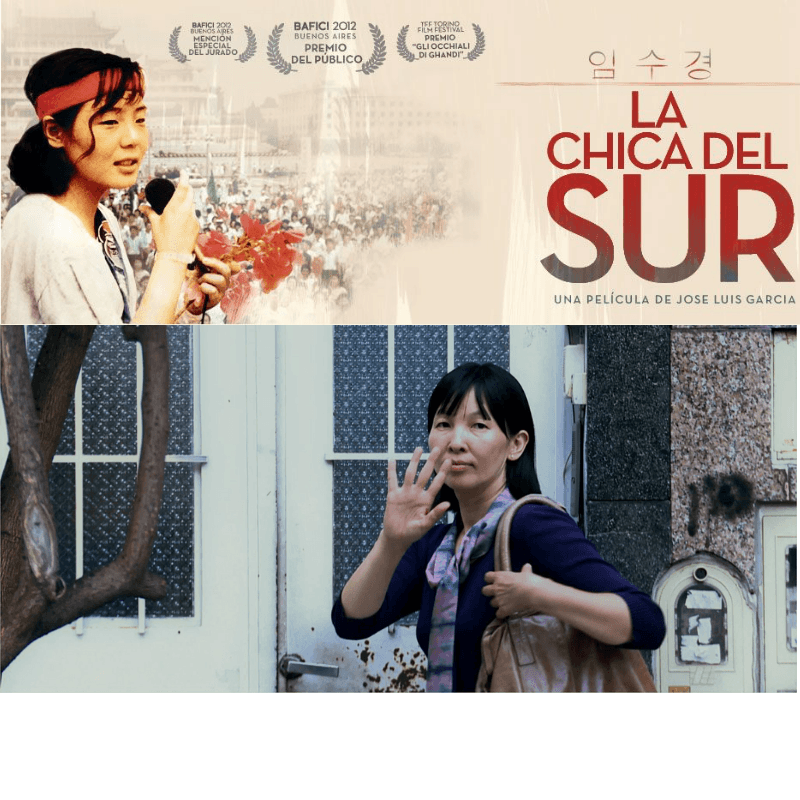




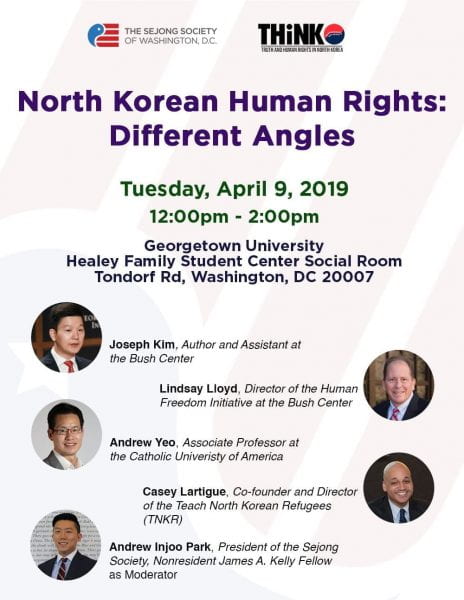
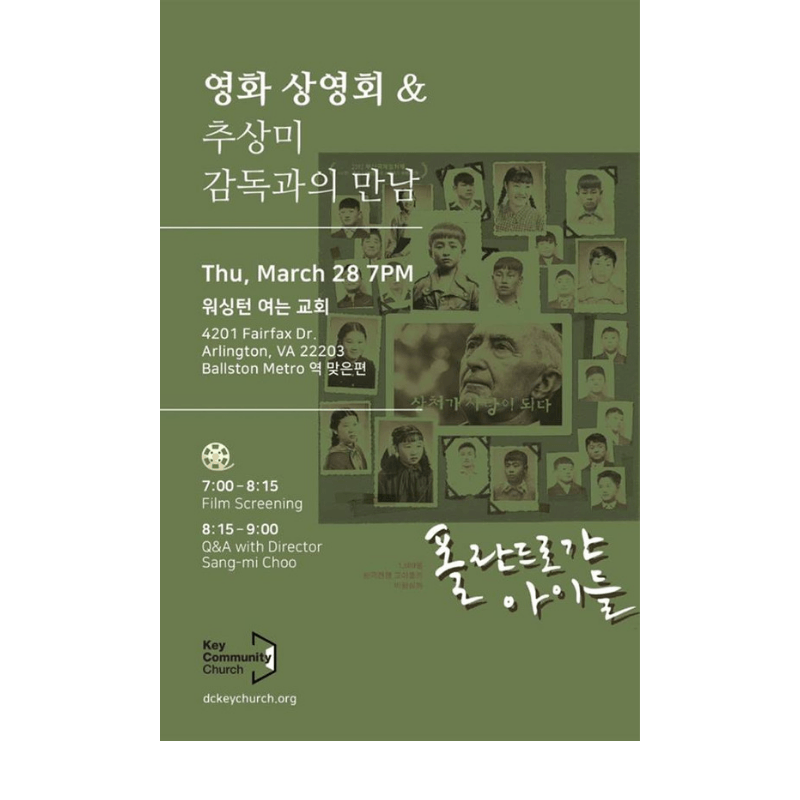
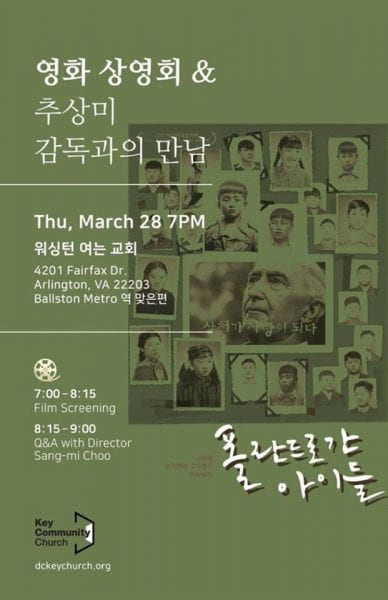
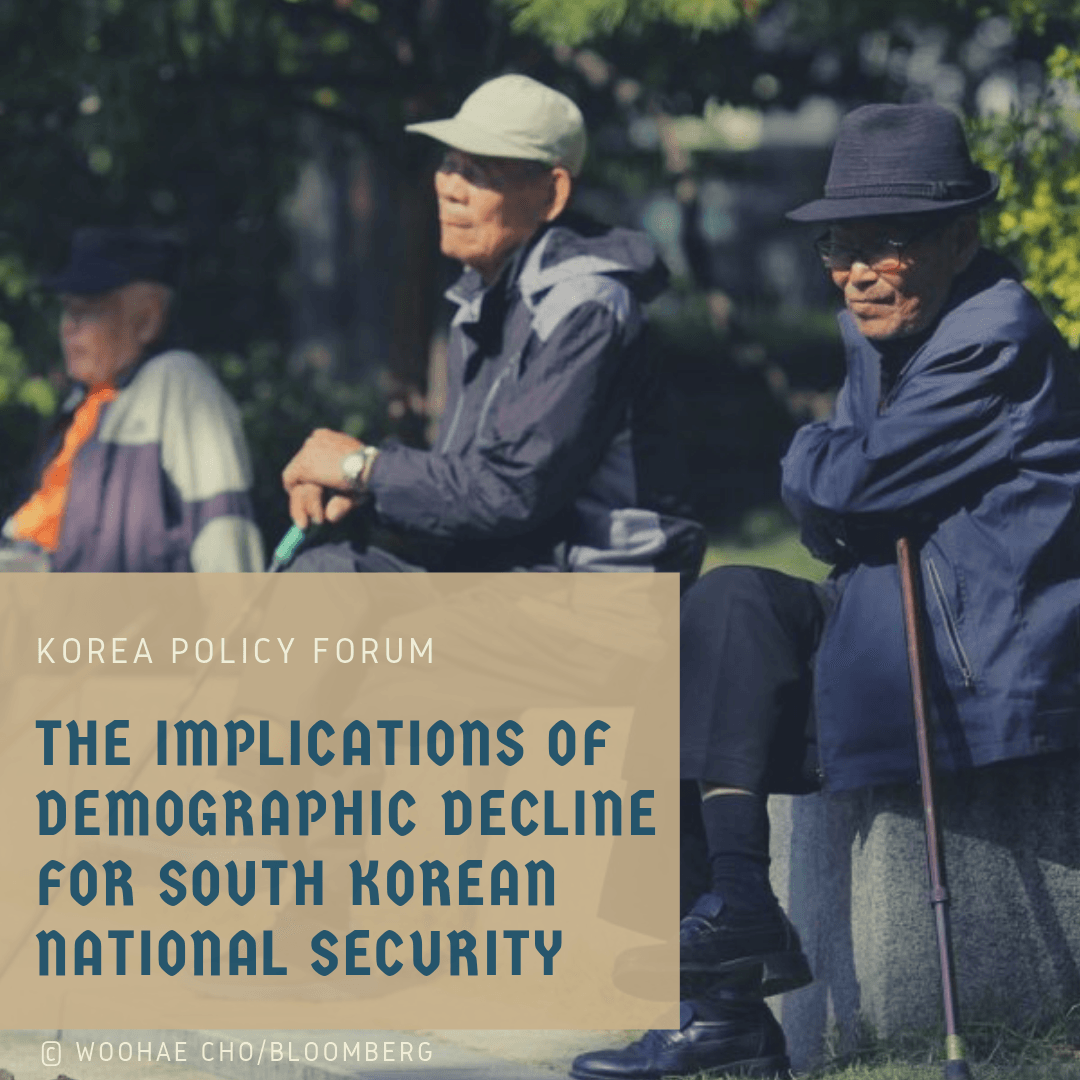




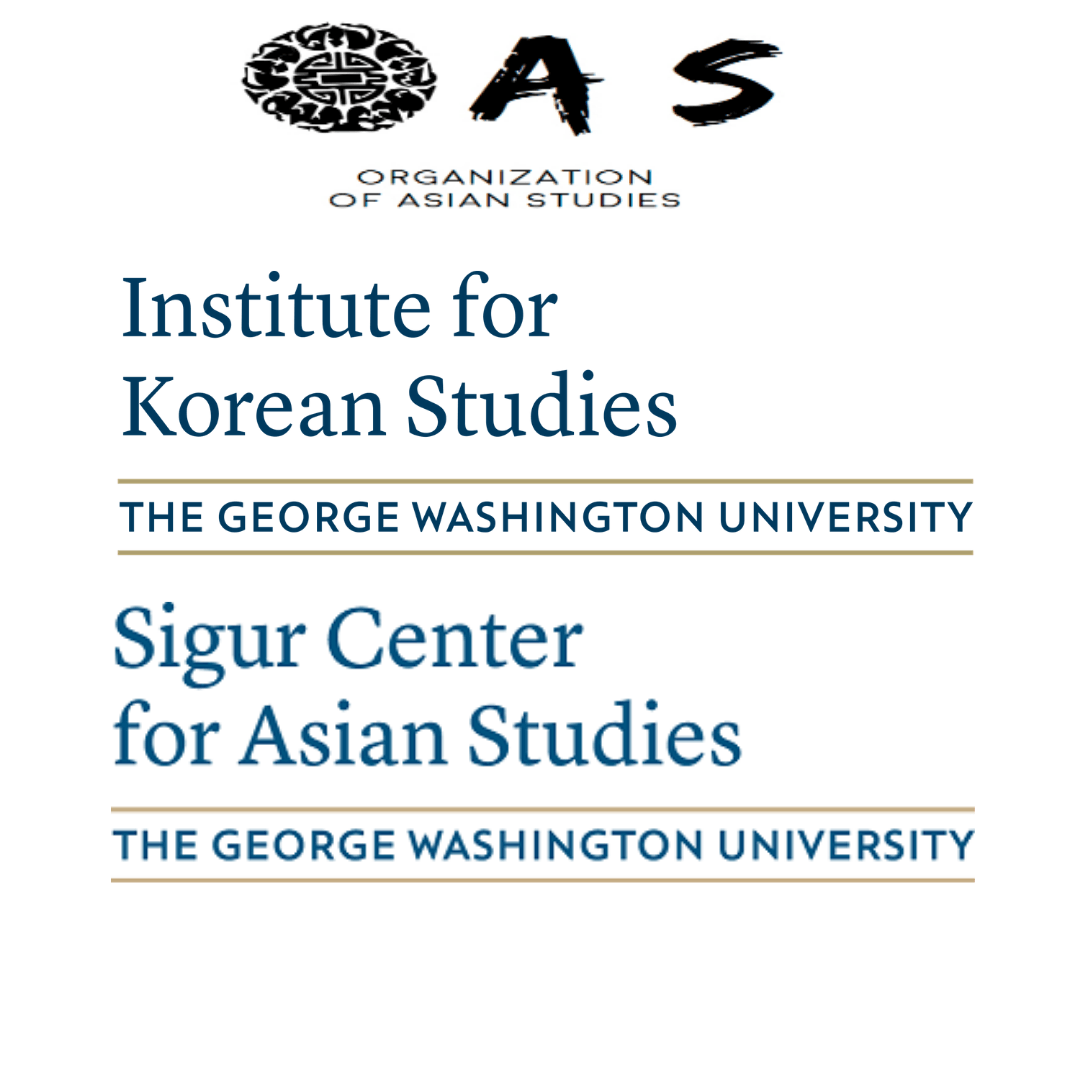



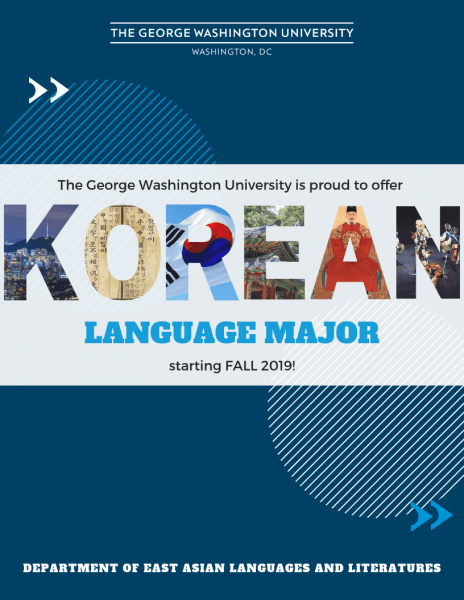
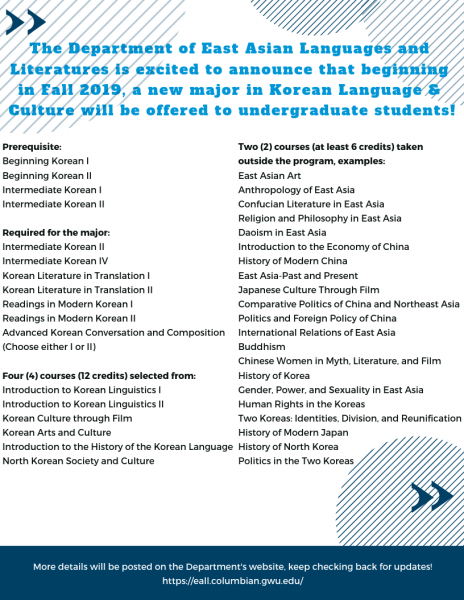
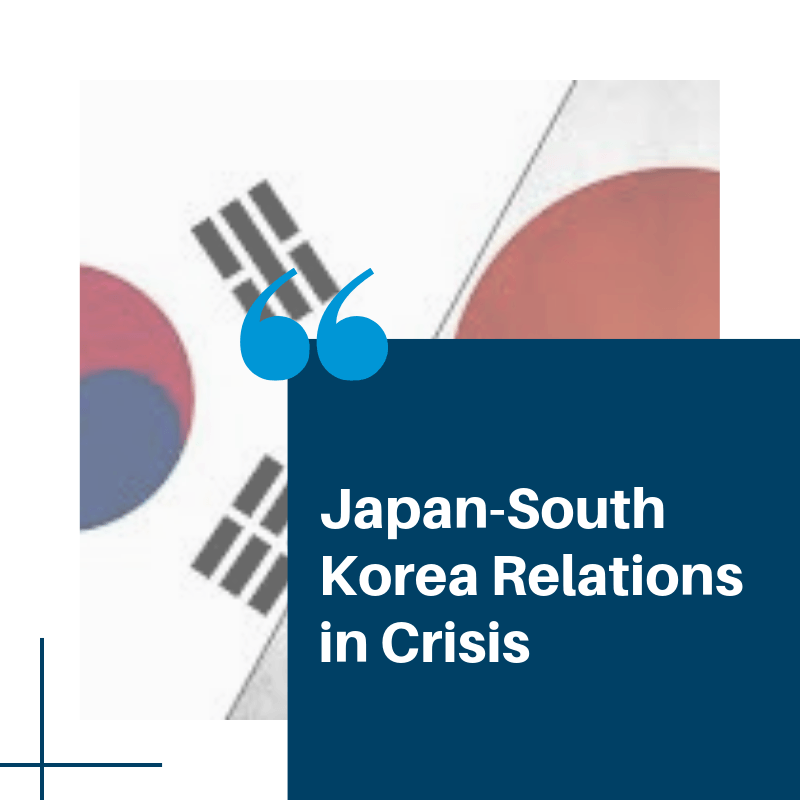

 Celeste Arrington is Korea Foundation Assistant Professor of Political Science and International Affairs at GW. She specializes in comparative politics, with a regional focus on the Koreas and Japan. Her research and teaching focus on law and social movements, the media, lawyers, policy processes, historical justice, North Korean human rights, and qualitative methods. She is also interested in the international relations and security of Northeast Asia and transnational activism. She is the author of Accidental Activists: Victims and Government Accountability in South Korea and Japan (2016) and has published in Comparative Political Studies, Law & Society Review, Journal of East Asian Studies, Pacific Affairs, Asian Survey, and the Washington Post, among others. She received a Ph.D. from the University of California, Berkeley, an MPhil from the University of Cambridge, and an A.B. from Princeton University. She is currently writing a book that analyzes the role of lawyers and legal activism in Japanese and Korean policies related to persons with disabilities and tobacco control.
Celeste Arrington is Korea Foundation Assistant Professor of Political Science and International Affairs at GW. She specializes in comparative politics, with a regional focus on the Koreas and Japan. Her research and teaching focus on law and social movements, the media, lawyers, policy processes, historical justice, North Korean human rights, and qualitative methods. She is also interested in the international relations and security of Northeast Asia and transnational activism. She is the author of Accidental Activists: Victims and Government Accountability in South Korea and Japan (2016) and has published in Comparative Political Studies, Law & Society Review, Journal of East Asian Studies, Pacific Affairs, Asian Survey, and the Washington Post, among others. She received a Ph.D. from the University of California, Berkeley, an MPhil from the University of Cambridge, and an A.B. from Princeton University. She is currently writing a book that analyzes the role of lawyers and legal activism in Japanese and Korean policies related to persons with disabilities and tobacco control. Yuki Tatsumi is Co-Director of the East Asia Program and Director of the Japan Program at the Stimson Center. Before joining Stimson, Tatsumi worked as a research associate at the Center for Strategic and International Studies (CSIS) and as the special assistant for political affairs at the Embassy of Japan in Washington. Tatsumi’s most recent publications include Balancing between Nuclear Deterrence and Disarmament: Views from the Next Generation (ed.; Stimson Center, 2018) Lost in Translation? U.S. Defense Innovation and Northeast Asia (Stimson Center, 2017). She is also the editor of four earlier volumes of the Views from the Next Generation series: Peacebuilding and Japan (Stimson Center, 2017), Japan as a Peace Enabler (Stimson Center, 2016), Japan’s Global Diplomacy (Stimson Center, 2015), and Japan’s Foreign Policy Challenges in East Asia (Stimson Center, 2014).
Yuki Tatsumi is Co-Director of the East Asia Program and Director of the Japan Program at the Stimson Center. Before joining Stimson, Tatsumi worked as a research associate at the Center for Strategic and International Studies (CSIS) and as the special assistant for political affairs at the Embassy of Japan in Washington. Tatsumi’s most recent publications include Balancing between Nuclear Deterrence and Disarmament: Views from the Next Generation (ed.; Stimson Center, 2018) Lost in Translation? U.S. Defense Innovation and Northeast Asia (Stimson Center, 2017). She is also the editor of four earlier volumes of the Views from the Next Generation series: Peacebuilding and Japan (Stimson Center, 2017), Japan as a Peace Enabler (Stimson Center, 2016), Japan’s Global Diplomacy (Stimson Center, 2015), and Japan’s Foreign Policy Challenges in East Asia (Stimson Center, 2014). Mike M. Mochizuki holds the Japan-U.S. Relations Chair in Memory of Gaston Sigur at the Elliott School of International Affairs in George Washington University. Professor Mochizuki was associate dean for academic programs at the Elliott School from 2010 to 2014 and director of the Sigur Center for Asian Studies from 2001 to 2005. He co-directs the “Rising Powers Initiative” and the “Memory and Reconciliation in the Asia-Pacific” research and policy project of the Sigur Center. Previously he was a Senior Fellow at the Brookings Institution. He received his Ph.D. in political science from Harvard University. His recent books include Memory, Identity, and Commemorations of World War II: Anniversary Politics in Asia Pacific (co-editor and co-author, 2018); Energy Security in Asia and Eurasia (co-editor and co-author, 2017); Nuclear Debates in Asia: The Role of Geopolitics and Domestic Processes (co-editor and author, 2016); The Okinawa Question: Futenma, the US-Japan Alliance, and Regional Security (co-editor and author, 2013); and China’s Military and the U.S.-Japan Alliance in 2030: A Strategic Net Assessment (co-author, 2013).
Mike M. Mochizuki holds the Japan-U.S. Relations Chair in Memory of Gaston Sigur at the Elliott School of International Affairs in George Washington University. Professor Mochizuki was associate dean for academic programs at the Elliott School from 2010 to 2014 and director of the Sigur Center for Asian Studies from 2001 to 2005. He co-directs the “Rising Powers Initiative” and the “Memory and Reconciliation in the Asia-Pacific” research and policy project of the Sigur Center. Previously he was a Senior Fellow at the Brookings Institution. He received his Ph.D. in political science from Harvard University. His recent books include Memory, Identity, and Commemorations of World War II: Anniversary Politics in Asia Pacific (co-editor and co-author, 2018); Energy Security in Asia and Eurasia (co-editor and co-author, 2017); Nuclear Debates in Asia: The Role of Geopolitics and Domestic Processes (co-editor and author, 2016); The Okinawa Question: Futenma, the US-Japan Alliance, and Regional Security (co-editor and author, 2013); and China’s Military and the U.S.-Japan Alliance in 2030: A Strategic Net Assessment (co-author, 2013). Ji-Young Lee is a political scientist who teaches at American University’s School of International Service. She is the author of China’s Hegemony: Four Hundred Years of East Asian Domination (Columbia University Press, 2016). Her current work concerns historical Korea-China relations with a focus on military interventions, as well as the impact of China’s rise on the U.S. alliance system in East Asia. She has published articles in Security Studies, International Relations of the Asia-Pacific, and Journal of East Asian Studies. Previously, she was a Mellon Postdoctoral Fellow in Politics and East Asian Studies at Oberlin College, a POSCO Visiting Fellow at the East-West Center, a non-resident James Kelly Korean Studies Fellow with the Pacific Forum CSIS, an East Asia Institute Fellow, and a Korea Foundation-Mansfield Foundation scholar of the U.S.-Korea Scholar-Policymaker Nexus program. She received her Ph.D. and M.A. from Georgetown University, an M.A. from Seoul National University, and a B.A. from Ewha Womans University in South Korea.
Ji-Young Lee is a political scientist who teaches at American University’s School of International Service. She is the author of China’s Hegemony: Four Hundred Years of East Asian Domination (Columbia University Press, 2016). Her current work concerns historical Korea-China relations with a focus on military interventions, as well as the impact of China’s rise on the U.S. alliance system in East Asia. She has published articles in Security Studies, International Relations of the Asia-Pacific, and Journal of East Asian Studies. Previously, she was a Mellon Postdoctoral Fellow in Politics and East Asian Studies at Oberlin College, a POSCO Visiting Fellow at the East-West Center, a non-resident James Kelly Korean Studies Fellow with the Pacific Forum CSIS, an East Asia Institute Fellow, and a Korea Foundation-Mansfield Foundation scholar of the U.S.-Korea Scholar-Policymaker Nexus program. She received her Ph.D. and M.A. from Georgetown University, an M.A. from Seoul National University, and a B.A. from Ewha Womans University in South Korea.
